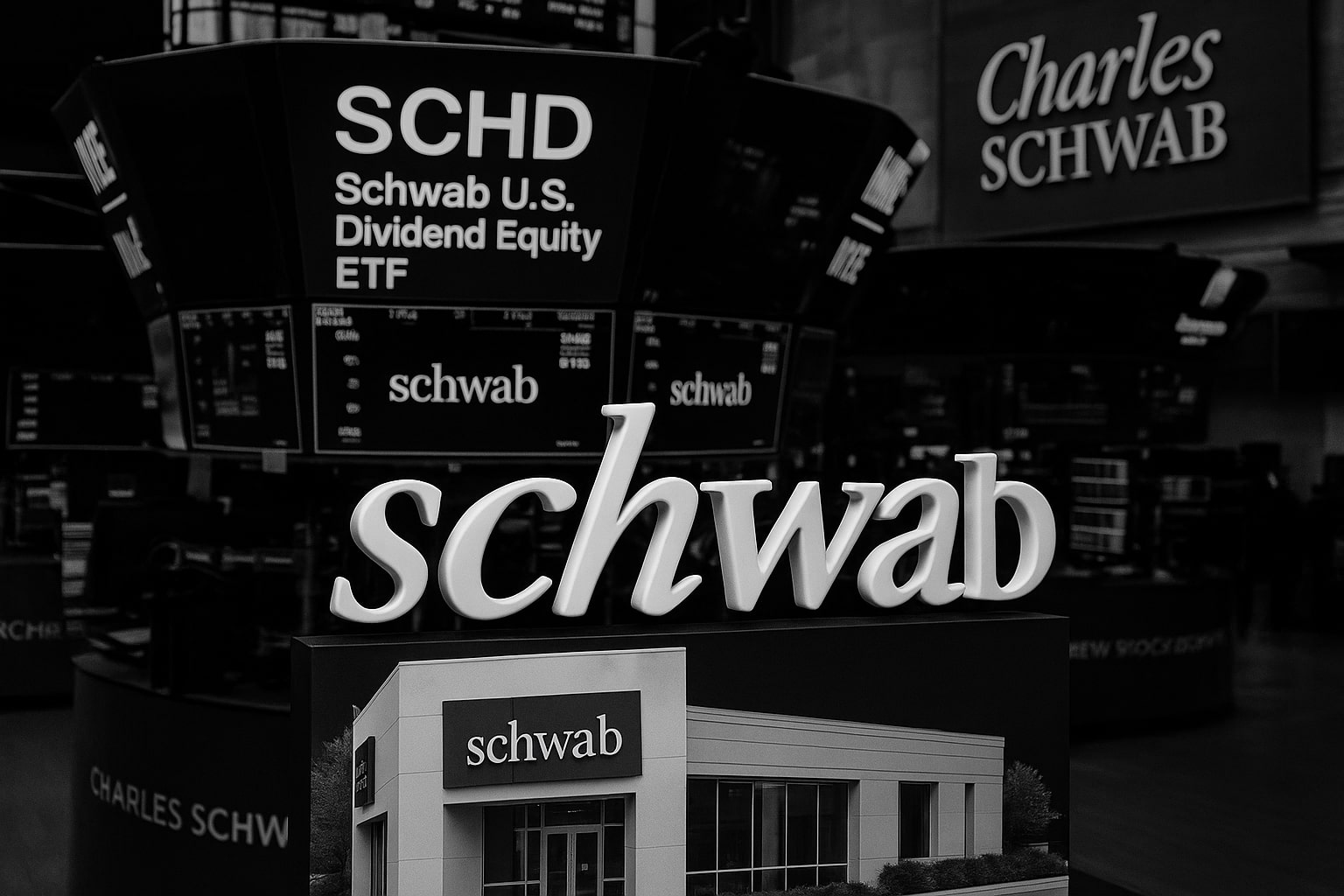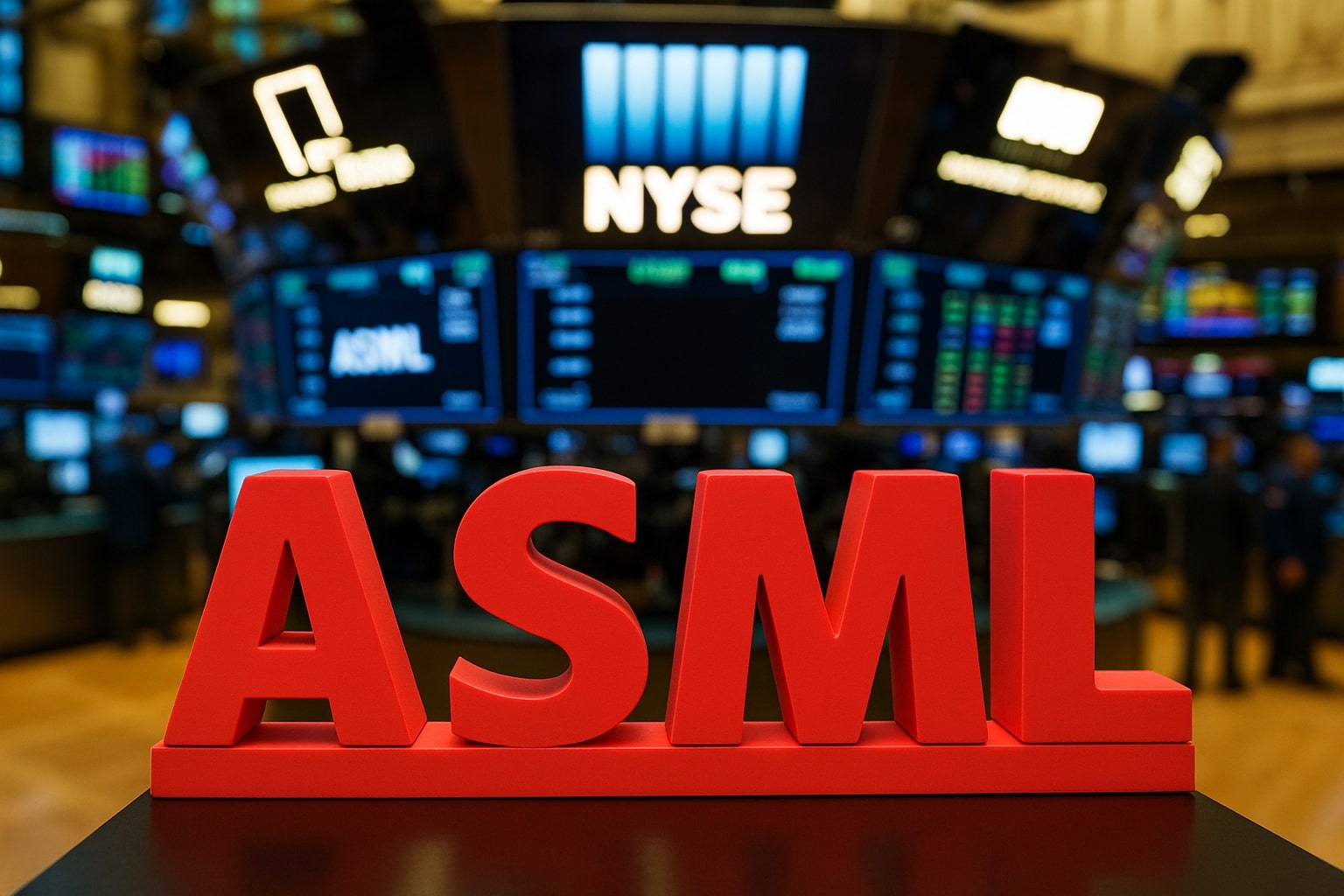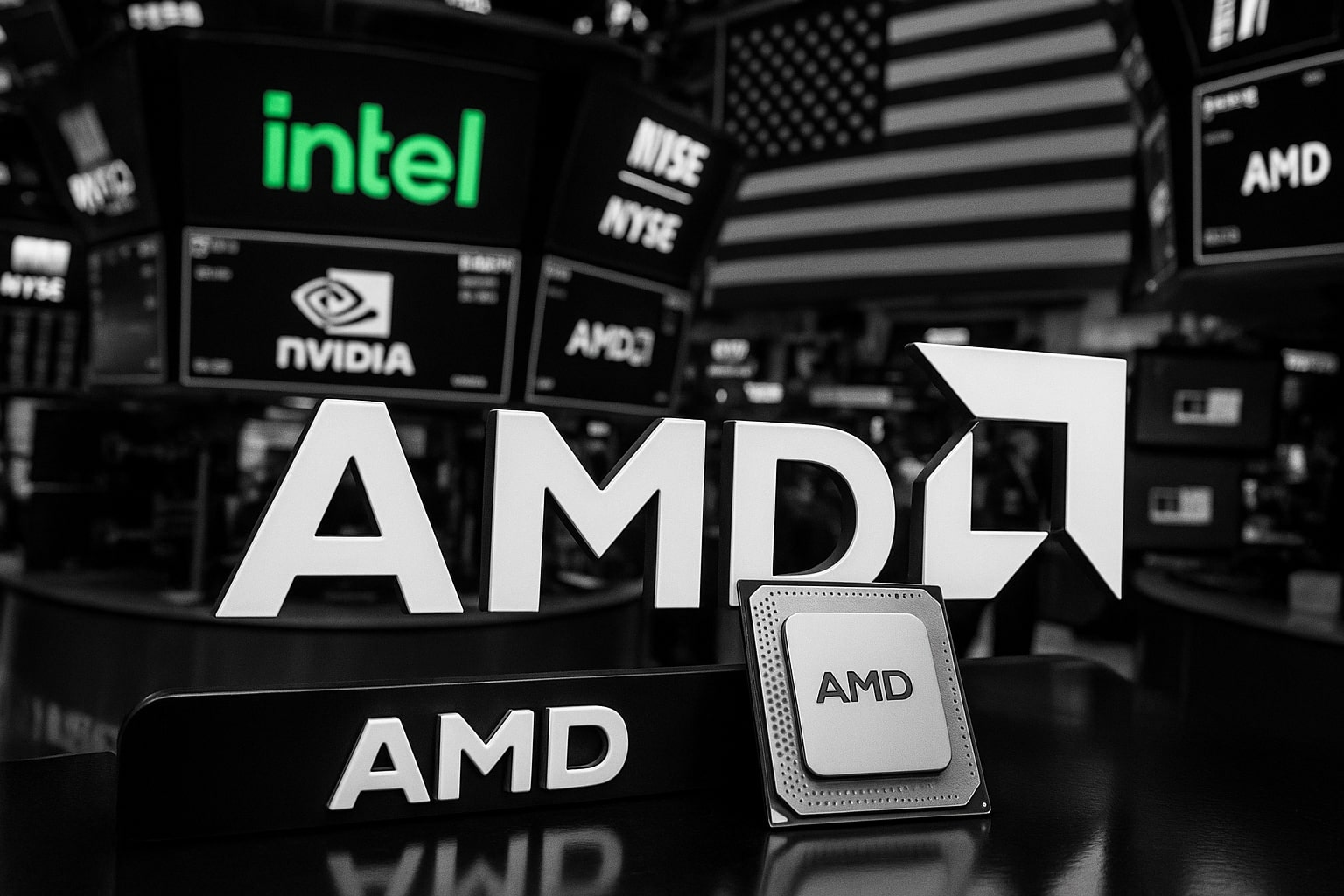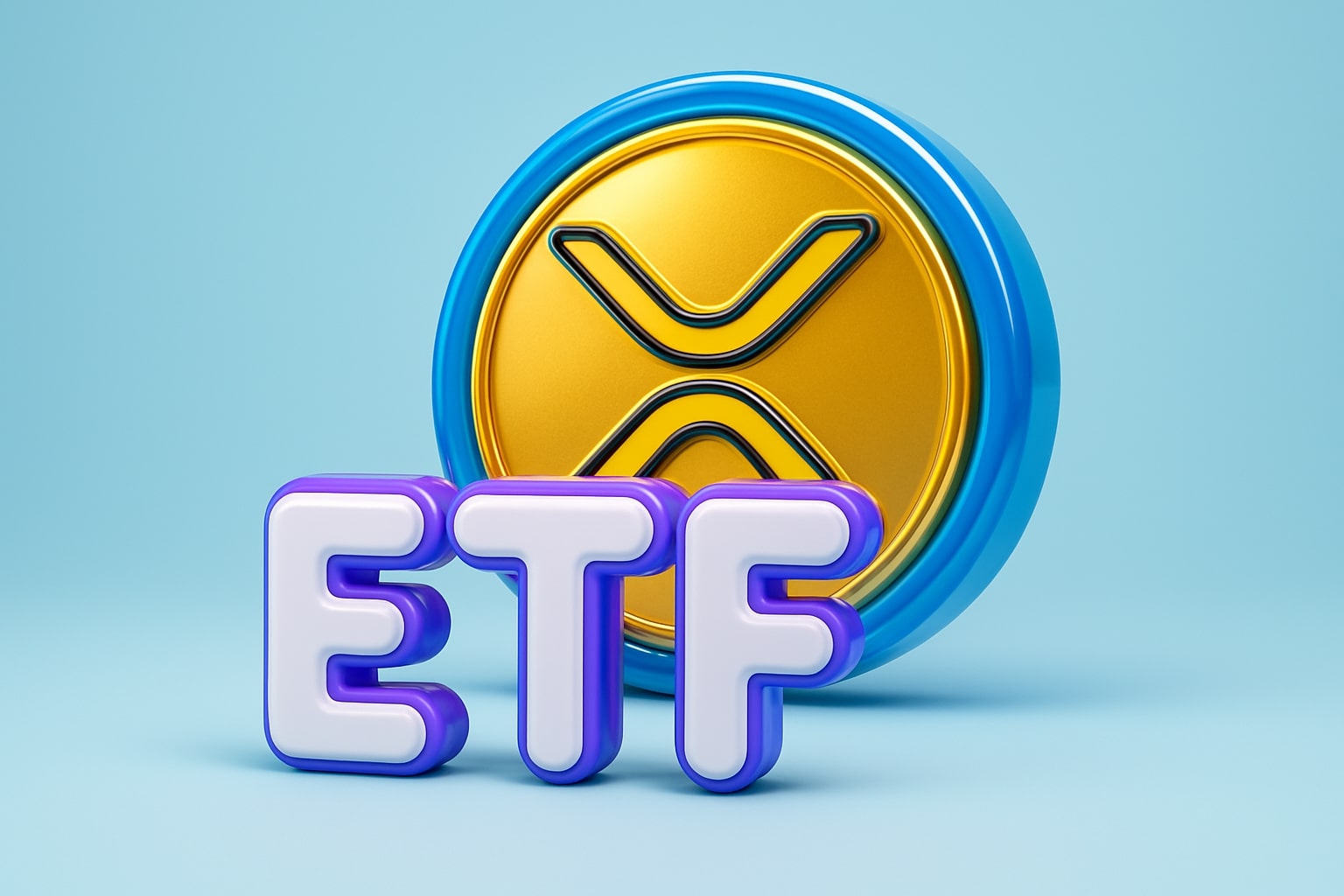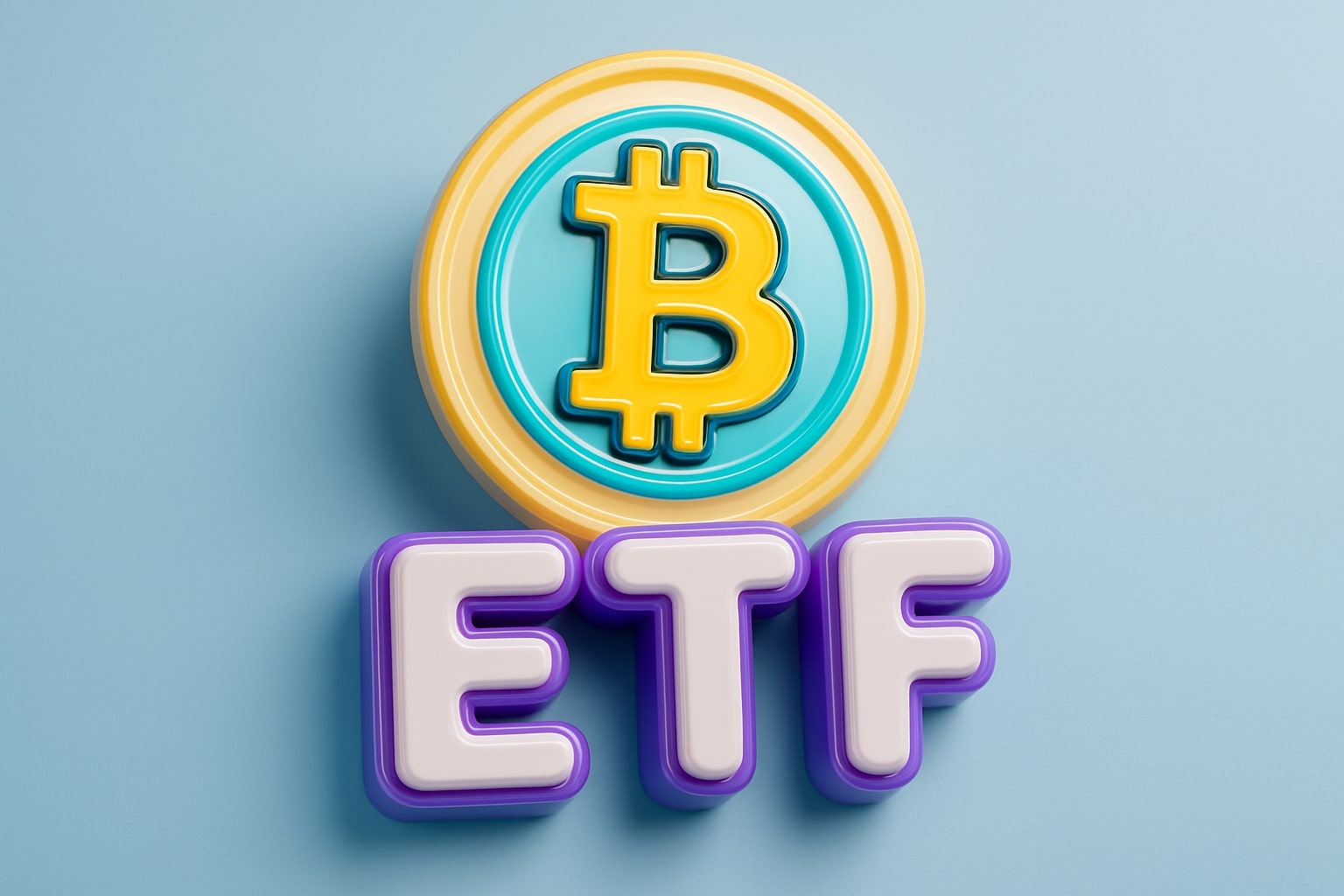
Pfizer's Ambitious Roadmap to $84 Billion Revenue by 2030
Ambitious Plans: Pfizer’s Path to $84 Billion in Revenue by 2030
NYSE:PFE
has charted an audacious plan to elevate its annual revenue to a staggering $84 billion by the end of the current decade. This strategy is centered on introducing new drugs to the market and engaging in aggressive business development through acquisitions. For instance, Pfizer's recent acquisition of Seagen for $43 billion is a testament to its intent to consolidate its oncology portfolio.
As of now, Pfizer has 10 programs under regulatory review and 23 phase 3 candidates. This arsenal suggests an imminent wave of new drug launches, which could not only augment sales but also serve as potential catalysts for stock appreciation.
The cherry on the cake for potential investors? Pfizer’s current price-to-earnings (P/E) ratio stands at a modest 9, dwarfed by the market’s average P/E of 25. Should the market become more confident in Pfizer’s growth trajectory, a more generous valuation could be in the offing.
The Bearish Take: Is Optimism Misplaced?
Not everyone shares the bullish sentiment on NYSE:PFE. Despite the firm's remarkable performance during the pandemic, its total return over the past five years is a mere 2%, falling significantly short of the market's impressive 68% growth. Furthermore, historical data suggests that even a decade or two decades back, Pfizer's stock didn't manage to outpace the market.
To put this into perspective, Pfizer’s trailing 12-month revenue stands at $78 billion, a growth of only 50% over the past decade. If projections hold true, come 2030, we would be looking at a top line only $3 billion larger than 2021.
Compounding these concerns is Wall Street's muted near-term outlook. Analyst projections for 2023 and 2024 put Pfizer’s sales at around $62 billion. There's a looming risk regarding its COVID-19 vaccine revenue tapering off quicker than anticipated. Thus, some argue that the current valuation is apt, given the limited growth expected.
Industry Experts Weigh In on NYSE:PFE
Several industry stalwarts have proffered their insights on Pfizer's stock. Cantor Fitzgerald holds an "overweight" rating and has set a target price of $75.00. However, JPMorgan Chase & Co. recently adjusted their target downwards to $41.00, settling on a “neutral” rating. Truist Financial and Barclays have also weighed in, with ratings and price targets of their own. On average, Bloomberg.com data places Pfizer with a “Hold” rating, and an average target price at $46.35.
Current Financial Snapshot
On September 18th, 2023, NYSE:PFE shares began trading at $34.07. With a 52-week range showcasing a low of $33.54 and a high of $54.93, Pfizer's current ratio stands at 2.12, underscoring its capability to tackle short-term obligations. Its debt-to-equity ratio is a conservative 0.62, while the company's market cap is pegged at approximately $192.36 billion.
Check real-time stock performance for Pfizer here.
NYSE:PFE Q1 2024 EPS Estimates
Q1 2024 earnings per share (EPS) estimates for Pfizer, now predicting an EPS of $0.94, down from $0.98. This has sent ripples across the investment community, causing a mix of confusion and concern.
While Pfizer’s Q1 2024 earnings forecast has been trimmed, it's worth noting that its last earnings release on August 1st reported an EPS of $0.67 for the quarter, outperforming consensus estimates by $0.10. However, the company's revenue during the same period registered a drop of 54.1%.
Institutional Moves and Portfolio Adjustments
The prevailing uncertainty has instigated several hedge funds and institutional investors to recalibrate their positions in Pfizer. A prominent move was witnessed by 25 LLC, which recently secured a new stake in Pfizer valued at $25,000 during Q1. Several other financial entities, including Worth Asset Management LLC and Freedom Wealth Alliance LLC, have repositioned their investments vis-à-vis Pfizer.
While the road ahead may seem fraught with challenges and uncertainties, Pfizer's intent and strategy, buoyed by its robust pipeline and strategic acquisitions, could potentially pave the way for significant future growth. Investors and market watchers would do well to keep a close watch on this pharmaceutical giant.
Gilead Sciences and Pfizer: Leading the Charge Against COVID-19
As the world grapples with a new wave of COVID-19 and rising hospitalization rates, Gilead Sciences (NASDAQ:GILD) and Pfizer (NYSE:PFE) have emerged as significant players in combating this lethal virus. Their commitment to producing transformative medicines and vaccines has already saved countless lives.
Strong Financial Positions and High Dividend Yields
Sporting dividend yields exceeding 4%, these pharmaceutical giants are among the most lucrative in the industry. Their ongoing dedication to research, development, and mergers & acquisitions indicate their commitment to expanding their range of experimental drugs. Despite facing challenges in the first half of 2023, both managed to sustain impressive margins.
Comparing Financial Performances: Pfizer and Gilead Sciences
In the second quarter of 2023, Pfizer reported a revenue of $12.73 billion, marking a 30.3% decrease from its prior quarter and falling short of analysts' predictions by $0.66 billion. Conversely, Gilead Sciences maintained stable product sales, approximating $6.6 billion for the same period. Notably, Gilead exceeded analysts' consensus estimates in nine of the past ten quarters, two more than Pfizer. Such consistency underscores Gilead's potential undervaluation by Wall Street.
Pfizer's price/sales ratio stands at 2.49x, notably lower than the healthcare sector's median and 33.55% below its five-year average. In contrast, financial markets seem to value Gilead's prospects more favorably, as reflected in its higher valuation metrics relative to Pfizer.
Spotlight on Pfizer's Top-Selling Drugs
In 2022 and 2023, Pfizer's revenue leaders included Nurtec ODT/Vydura, Xeljanz, Zavicefta, and Bavencio. However, these successes were offset by a sharp decline in demand for their COVID-19 products in the early half of 2023.
Revenue from Comirnaty dropped to $1,488 million in Q2 2023, a significant 51.4% fall from the preceding quarter. This decline is attributed to waning public enthusiasm for vaccinations and a decreased mortality rate from COVID-19. Similarly, Paxlovid, a dominant player in the global COVID-19 therapeutics market, witnessed dwindling demand due to reduced testing and identification of virus-positive patients.
However, recent data indicates a surge in Google searches about COVID-19, signaling growing concerns over the new EG.5 variant. This renewed anxiety, particularly among seniors, suggests a potential upswing in vaccination rates in the coming months. As of August 26, 2023, COVID-19 related hospitalizations stood at 17,418, marking a 15.7% increase from the previous week. Such trends could reignite demand for products from both Pfizer and Gilead.
For 2023, Pfizer's projected earnings per share (EPS) stands at $3.3, down 49.3% year-on-year. Nevertheless, we anticipate Pfizer's EPS for 2023 to touch the higher end of its guidance range ($3.25-$3.45). This optimistic outlook is bolstered by the expected benefits from Pfizer's upcoming $43 billion acquisition of Seagen (SGEN) and the introduction of advanced cancer and immunological disorder treatments.
Key Metrics: Pfizer
Currently, Pfizer's Non-GAAP P/E [TTM] is 7.13x, which is significantly lower than both the sector average and its five-year average. Moreover, its Non-GAAP P/E [FWD] stands at 10.41x. When compared to primary competitors such as Merck (MRK), AbbVie (ABBV), and Gilead Sciences, these figures suggest that Pfizer might be undervalued.
Gilead Sciences: Leading in HIV Treatment
For Gilead Sciences, 2023 marked a return to its forte: HIV treatments. Despite facing fierce competition and a dip in Truvada sales due to generic entrants, Biktarvy remained its flagship medication, with sales approximating $2.98 billion, a 16.5% year-on-year rise. A significant chunk of Gilead's revenue comes from Biktarvy and Genvoya, collectively accounting for 53.3% of the total revenue.
Gilead Sciences' Sunlenca, approved by the FDA and EMA for treating HIV type 1 in adults, faces stiff competition from GSK's Cabenuva, a long-acting drug reducing the viral load in patients.
Pfizer's Recent Acquisitions and Product Approvals
Pfizer has made notable strides in enhancing its product portfolio. The FDA has greenlit Pfizer's treatments for conditions ranging from multiple myeloma and severe alopecia areata to pediatric hormone deficiencies. Moreover, vaccines have been approved to shield older adults and infants from the respiratory syncytial virus (RSV).
Despite these advancements, Pfizer's stock witnessed a 33% dip this year. In response, Pfizer is vigorously expanding through acquisitions, most notably the $43 billion purchase of cancer specialist Seagen (SGEN). Additionally, it acquired Biohaven Pharmaceuticals and Global Blood Therapeutics and invested $25 million in Caribou Biosciences (CRBU).
Pfizer Inc. (NYSE:PFE): An Analytical Deep Dive into Q2 Earnings and Beyond
Impressive Q2 Earnings Beat
Pfizer's Q2 performance is turning heads in the pharmaceutical sector. The company reported earnings of 67 cents per share, outperforming numerous market projections. For investors and stakeholders, this signifies a promising trajectory that the company seems to be on.
Revenue Analysis
The pharmaceutical behemoth registered an astonishing revenue increment of 86% in the recent quarter. This surge is mainly attributed to its COVID-19 vaccine, developed in partnership with BioNTech. This vaccine, apart from being a commendable contribution to global health, has undeniably played a pivotal role in Pfizer's financial upswing.
Diversified Portfolio: Not Just COVID-19
While the COVID-19 vaccine's contribution to Pfizer's revenue is undebatable, the company's diversified portfolio shouldn't be overlooked. Pfizer has made significant strides in areas like oncology, internal medicine, and rare diseases, ensuring it isn't solely reliant on pandemic-related sales. This broad spectrum of medical products puts Pfizer in a strategically beneficial position to tackle market volatilities.
Share Buybacks and Dividends: Enhancing Shareholder Value
Adding to the allure for potential investors, Pfizer Inc. has taken assertive steps to repurchase its shares, having dedicated around $5 billion to this initiative. Furthermore, with a dividend yield touching the 3.5% mark, it is evident that the company prioritizes its shareholders, ensuring returns irrespective of market dynamics.
Bullish Analysts and Market Projections
Various market analysts have given their thumbs up to Pfizer, with some giving it a 'Strong Buy' rating, demonstrating robust faith in its future prospects. When we break down the company's forward-looking price-to-earnings (P/E) ratio, sitting at 12.3, it indicates that investors are willing to pay a premium for its shares, expecting continuous growth.
Challenges Ahead
Every silver lining comes with a cloud. Pfizer, despite its notable achievements, must remain wary of challenges. The eventual global saturation of COVID-19 vaccine distribution can potentially impact its sales volume. Furthermore, fierce competition in the pharmaceutical sector requires Pfizer to maintain its innovative edge.
Innovative R&D Expenditures
Recognizing the importance of staying ahead in the game, Pfizer has invested aggressively in its Research and Development (R&D). With an R&D expenditure touching $9 billion, Pfizer is laying the groundwork for future innovations, which is likely to pay dividends in the forthcoming years.
Stock Information and Further Exploration
For a real-time stock chart and deeper insights into Pfizer Inc. (NYSE:PFE), you can explore here.
Ambitious Revenue Goals: Pfizer's Strategy Unveiled
NYSE:PFE envisions an impressive annual revenue of $84 billion by 2030. The foundation for this aspiration hinges on the introduction of new drug offerings and bold business development endeavors, such as the notable acquisition of Seagen for a whopping $43 billion. Such steps align with the company's objectives of fortifying its oncology suite. A pipeline comprising 10 regulatory review programs and 23 phase 3 candidates foreshadows a series of impending drug launches that have the potential to enhance sales and potentially uplift stock valuation. In comparison to the market's average P/E of 25, Pfizer's current P/E ratio sits modestly at 9, suggesting room for revaluation, should market confidence in Pfizer's growth solidify.
NYSE:PFE's Historical Performance: Caution Ahead?
While many may view NYSE:PFE's growth strategies optimistically, a retrospective view of its stock performance could be cause for concern. Despite the pharmaceutical giant's commendable performance amidst the pandemic, its cumulative return over half a decade merely touches 2%, lagging behind the market's robust 68% ascension. Delving deeper, Pfizer's past performance, even spanning a decade or two, hasn't outpaced the market. Consider this: Pfizer's revenue for the trailing 12 months stands at $78 billion, a growth trajectory of just 50% over ten years. With the anticipated figure for 2030 being just $3 billion more than that of 2021, some Wall Street projections also paint a cautious picture. Predicted sales for 2023 and 2024 hover around $62 billion, with the shadow of declining COVID-19 vaccine revenue casting doubt on future performance.
Pfizer's Valuation: Expert Opinions Vary
The investment world remains divided on Pfizer. Cantor Fitzgerald leans towards a favorable stance, assigning an "overweight" rating and a target price of $75.00. On the other hand, JPMorgan Chase & Co. demonstrates caution, revising their target to $41.00, accompanied by a “neutral” rating. Analysts from other financial powerhouses like Truist Financial and Barclays have also chimed in with varied assessments. As a consensus, Bloomberg.com data positions Pfizer with a “Hold” rating, and an average target price pinned at $46.35.
NYSE:PFE's Current Financial Health
Dated September 18th, 2023, NYSE:PFE commenced trading at $34.07. The stock's 52-week journey reveals a low of $33.54 and peaks at $54.93. Pfizer's current ratio of 2.12 showcases its adeptness at managing short-term liabilities, while a conservative debt-to-equity ratio of 0.62 further strengthens its financial footing. As of now, the company's market capitalization rests at an approximate $192.36 billion.
Adjustments to NYSE:PFE's Q1 2024 EPS Forecasts
The investment realm witnessed a slight tremor with Pfizer's revised Q1 2024 EPS forecast, which now stands at $0.94, marking a decrease from its previous estimate of $0.98. Notably, the company's last earnings update on August 1st outshone consensus estimates by $0.10 with an EPS of $0.67. However, this was juxtaposed with a 54.1% decline in revenue for the same quarter.
Strategic Movements Within Institutional Portfolios
Recent shifts in the market climate have spurred significant portfolio adjustments among hedge funds and institutional investors concerning Pfizer. A noteworthy transaction was executed by 25 LLC, which acquired a new Pfizer stake valued at $25,000 in Q1. Other financial entities, like Worth Asset Management LLC and Freedom Wealth Alliance LLC, have also adjusted their Pfizer investments.
Comparative Performance: Pfizer Versus Gilead Sciences
In the second quarter of 2023, Pfizer posted a revenue of $12.73 billion, experiencing a 30.3% decline from its previous quarter and missing analyst expectations by $0.66 billion. In contrast, Gilead Sciences reported steady product sales approximating $6.6 billion during the same timeframe. Gilead's consistency in surpassing analyst consensus in nine of the last ten quarters, two more instances than Pfizer, hints at Gilead's potential undervaluation.
A Spotlight on Pfizer's Revenue Drivers
2022 and 2023 witnessed Pfizer's revenue being largely driven by Nurtec ODT/Vydura, Xeljanz, Zavicefta, and Bavencio. Yet, this was counterbalanced by a reduction in demand for its COVID-19 offerings in early 2023. For instance, revenue from Comirnaty plummeted to $1,488 million in Q2 2023, marking a substantial 51.4% dip from the previous quarter.
Gilead Sciences and Pfizer: COVID-19 Resurgence and Financial Implications
Both Gilead Sciences and Pfizer have solidified their roles as front-runners in the battle against COVID-19. Pfizer's EPS projection for 2023 is estimated at $3.3, indicating a 49.3% year-on-year reduction. However, Pfizer's EPS is anticipated to lean towards the higher boundary of its guidance range ($3.25-$3.45), propelled by the anticipated advantages from its Seagen acquisition and the unveiling of advanced treatments.
Gilead Sciences: Reigning in HIV Treatment
Gilead Sciences returned to its core strength in 2023, HIV treatments. Biktarvy emerged as its flagship medication, registering sales of approximately $2.98 billion, reflecting a 16.5% year-on-year growth.
Pfizer's Acquisitions and Regulatory Approvals: A Deep Dive into Strategic Expansion and Financial Impact
A Sturdy Acquisition Strategy:
Over recent years, Pfizer, represented by the NYSE:PFE symbol, has aggressively expanded its portfolio through strategic acquisitions. This not only diversifies the company's revenue streams but also fortifies its position in the pharmaceutical sector. The buyout of Anacor Pharmaceuticals for $5.2 billion and Medivation for $14 billion are shining examples of this strategy. These acquisitions have brought in flagship products like Eucrisa and Xtandi, which have substantial market potential.
Regulatory Approvals - A Testament to Innovation:
Navigating the intricate maze of drug approvals is no small feat, and Pfizer has demonstrated prowess in this domain. The FDA's green signal to Inlyta, a renal cell carcinoma treatment, alongside approvals for multiple myeloma treatment Vyndaqel and breast cancer medication Ibrance, underlines the company's commitment to developing innovative solutions for complex health challenges.
Financial Health - Solid Growth and A Strong Position:
Pfizer's strategic acquisitions and robust pipeline have translated into impressive financial metrics. As of Q3 2023, the company boasts a staggering $81.3 billion in revenue, marking an impressive 8% year-over-year increase. Such growth is indicative of the successful integration of its acquisitions and the market reception of its approved drugs.
Dividend Payouts - A Commitment to Shareholder Value:
Pfizer's approach to rewarding its shareholders is evident in its consistent dividend payouts. The annualized dividend currently stands at $1.56 per share, which is an attractive proposition for investors seeking stable returns. Such payouts not only reflect the company's profitability but also its confidence in sustained growth.
Share Performance and Outlook:
For those keen on tracking the stock's real-time performance, a glance at Pfizer's Real-Time Chart provides valuable insights. The company's shares have exhibited resilience, with a market cap hovering around $271 billion. Given its aggressive expansion, regulatory successes, and sound financial health, Pfizer seems well-positioned to continue its growth trajectory, making it a compelling option for potential investors.
Conclusion Analysis:
Pfizer's blend of strategic acquisitions, consistent regulatory approvals, and solid financial growth underscores its stature as a pharmaceutical giant. With a keen focus on innovation and shareholder value, the company is poised to capitalize on future opportunities and solidify its position as a leader in the sector. For investors, Pfizer, represented by NYSE:PFE, appears to be a blend of stability and potential growth, a combination that's hard to overlook in today's volatile market.
That's TradingNEWS
Read More
-
SCHD ETF Holds Ground With 3.6% Yield as Dividend Investors Eye Stability Over Growth
15.10.2025 · TradingNEWS ArchiveStocks
-
Ripple XRP (XRP-USD) Steadies at $2.43- SEC Shutdown Freezes ETF Decisions, Inflows Hit $61.6M
15.10.2025 · TradingNEWS ArchiveCrypto
-
NG=F Falls to $2.99 as Record Supply Outpaces Demand Despite 16.9 Bcf/d LNG Exports
15.10.2025 · TradingNEWS ArchiveCommodities
-
USD/JPY Price Forecast - Yen Weakens to 151.30 Amid Dollar Selloff
15.10.2025 · TradingNEWS ArchiveForex














